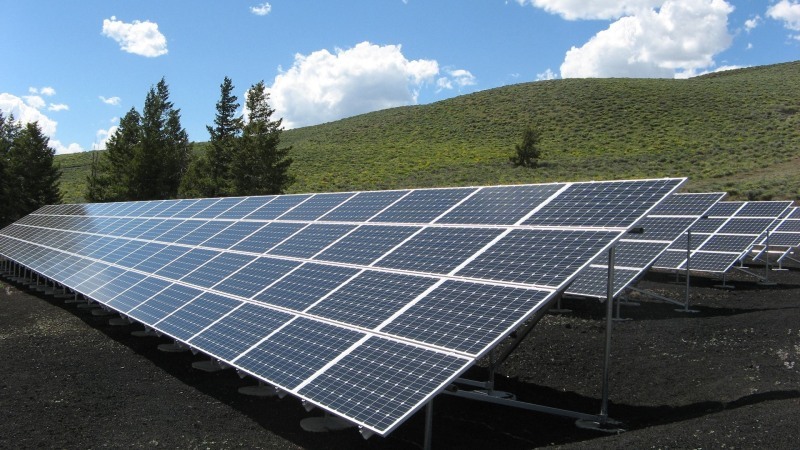East Timor Government Launches Solar Energy Project at the National Institute of Pharmacy and Medical Products
On 24th September 2024, the Government of East Timor, in partnership with the United Nations Development Program (UNDP) and with financial support from the Government of Japan, launched the installation of a solar energy system at the National Institute of Pharmacy and Medical Products (INFPM).
This initiative is part of the project “Promoting Green Transformation in the Pacific Region towards Carbon Neutral and Climate Resilient Development”, which aims to promote the use of renewable energies and increase climate resilience in Timor-Leste and other island countries.
The project was launched in 2023 and aims to turn INFPM into an example of energy sustainability by installing solar panels that will guarantee a continuous and stable supply of energy. This supply is essential for the proper conservation of medicines, vaccines and other essential health products, in order to ensure that they are kept at safe temperatures. As well as ensuring the stability of the electricity supply, the solar energy system will enable a significant reduction in the institution's operating costs and carbon footprint.
The Minister of Public Works, Samuel Marçal, highlighted the positive impact of this project which will “help solve the electricity problems and guarantee a sustainable energy supply” to INFPM. The Minister also added that “East Timor has great potential for harnessing solar energy, which could reduce electricity costs by 30 to 40%”.
The installation of the solar energy system at INFPM is part of a wider project that aims to benefit essential national infrastructure, including rural health posts, schools and housing in remote areas. In addition to the implementation of solar panels, the project also promotes the use of ecological stoves, with the aim of improving access to sustainable energy for around a thousand rural homes that are not yet connected to the national electricity grid. With total funding of 5.78 million dollars, this initiative seeks to strengthen the country's energy resilience, ensuring a positive impact on both the environment and the well-being of communities. The installation of the solar panels at INFPM is scheduled to be completed by March 2025.
More information here.

